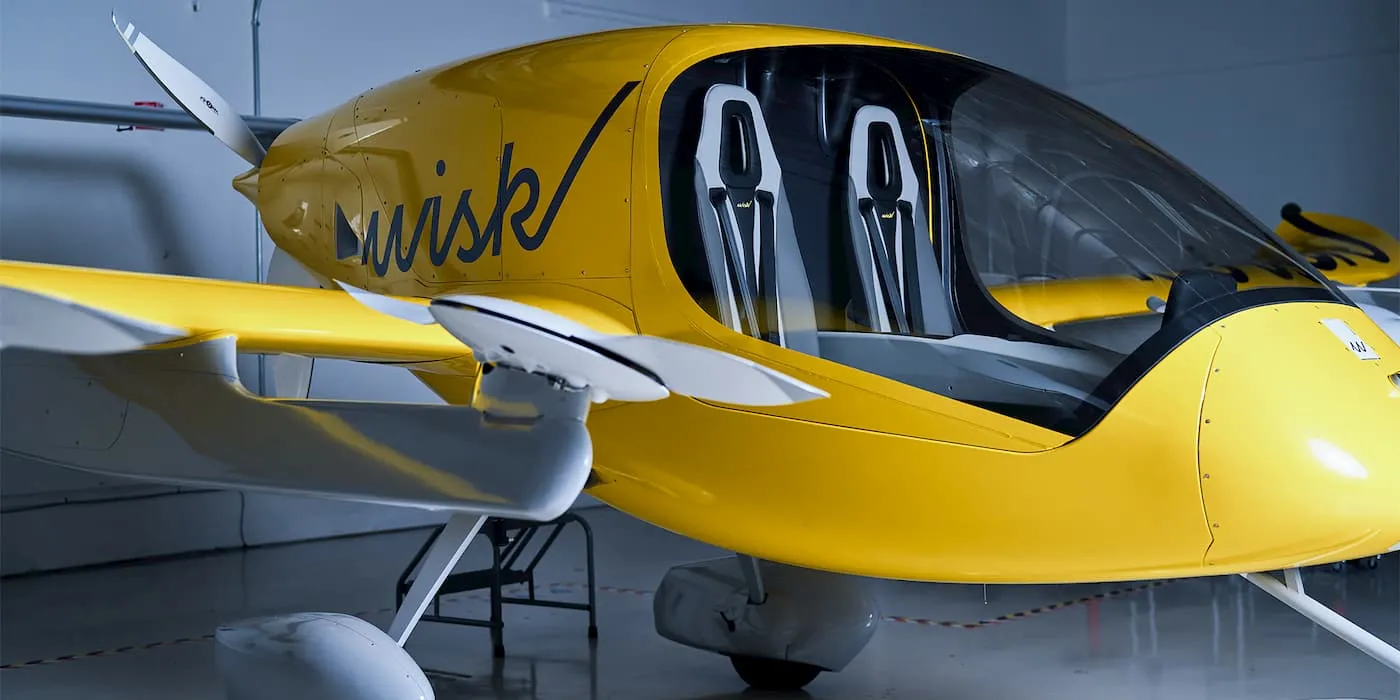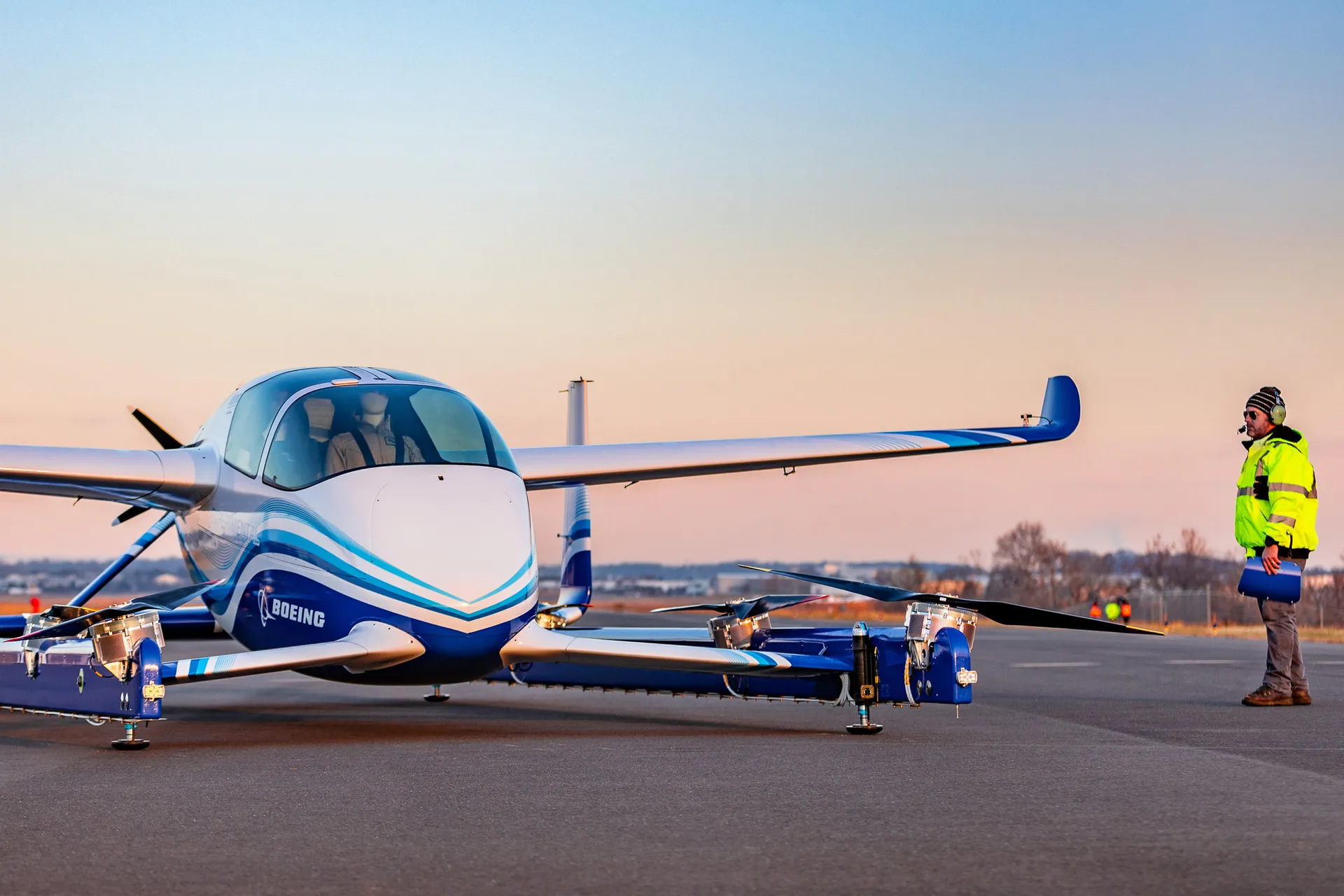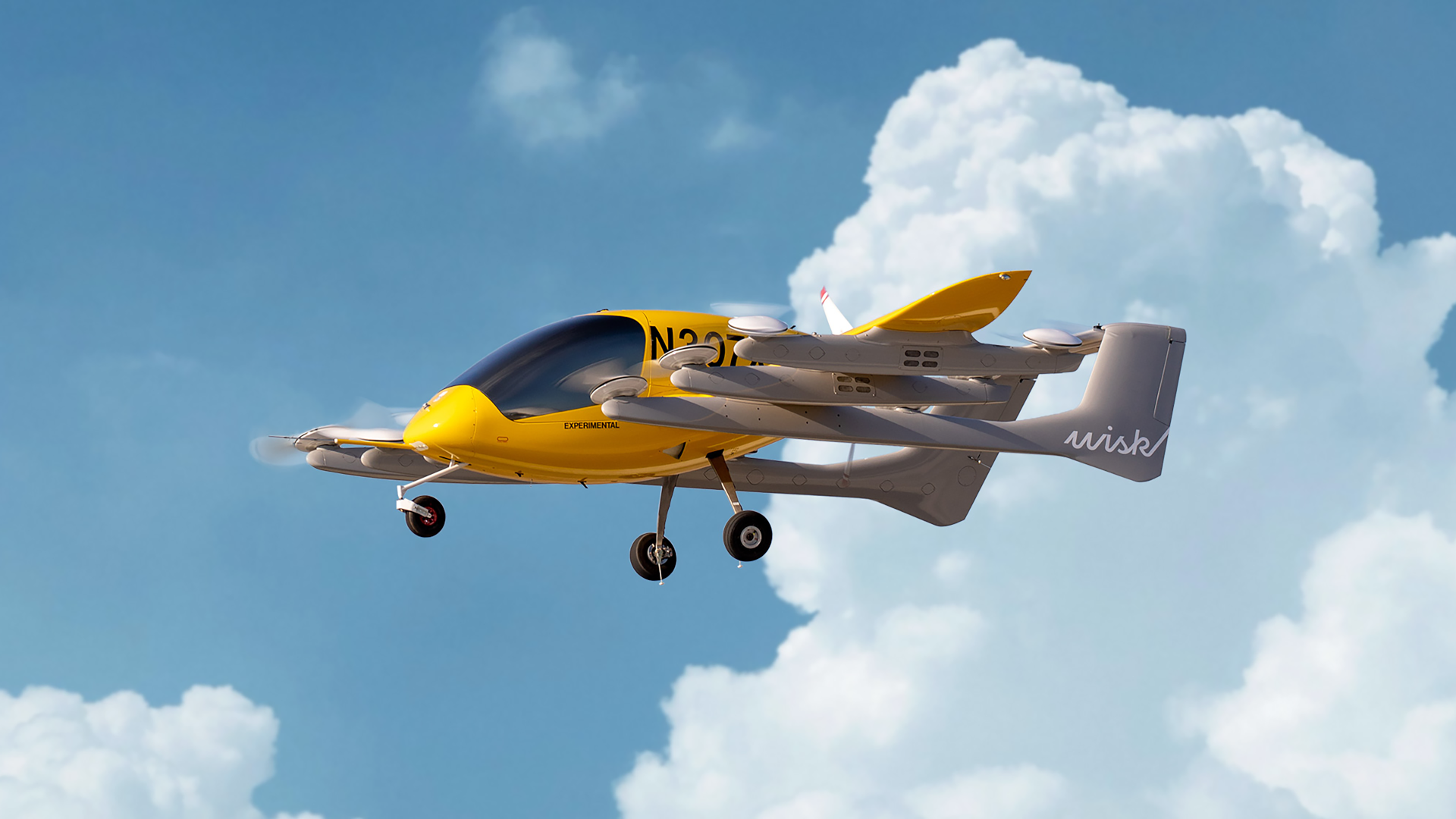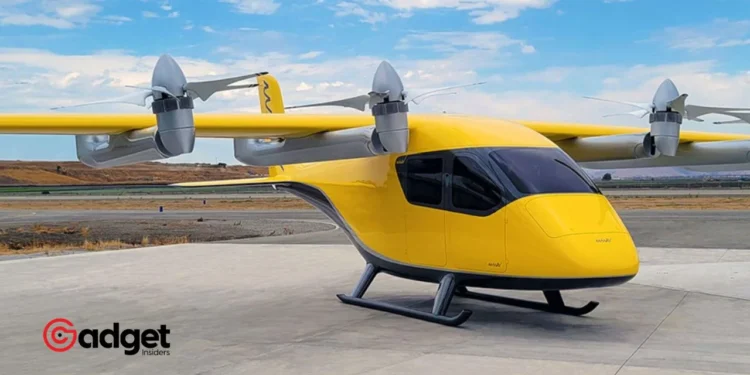Boeing is steering towards a futuristic vision where flying cars are no longer confined to the realm of science fiction. In a bold move, the aerospace giant plans to revolutionize urban mobility by launching autonomous flying taxis by the end of this decade.

A Leap into the Future with Wisk Aero
In an intriguing development, Boeing’s Chief Technology Officer, Todd Citron, shared insights in an interview with Nikkei, a renowned Japanese news publication, revealing ambitious plans for Asia. In 2022, Boeing significantly boosted its stake in the aerial innovation game by investing $450 million in Wisk Aero. By the following year, Boeing had fully integrated Wisk into its operations, setting the stage for a major upheaval in urban transport dynamics.
Wisk, previously a standalone pioneer in aviation technology, is now at the forefront of developing what Boeing envisions as the next big thing in transportation: electric vertical take-off and landing vehicles, or eVTOLs. These are not your average flying cars but are more akin to hybrids between helicopters and planes. A demonstration video released by Wisk in August highlighted the capabilities of these novel crafts, underscoring their potential to transform urban air mobility.
What's next, flying taxis? That's what Boeing, Bell, and Uber are aiming for pic.twitter.com/q9ptFFr2St
— 🇺🇦Evan Kirstel #B2B #TechFluencer (@EvanKirstel) November 5, 2019
Rival Ambitions and Regional Plans
The race to the skies is not without competition. Japanese firm SkyDrive and Germany’s Volocopter are also vying for airspace, with plans to commence operations in Japan by 2025. However, the specifics of Boeing’s launch locations in Asia remain under wraps, as do the operational details—whether Boeing intends to run a taxi service through Wisk or sell the crafts to other service providers.

The Path to Certification and Beyond
One of the critical steps before these flying taxis can take to the skies is obtaining the necessary certifications. Wisk’s crafts, while promising, are yet to be certified for commercial use in the United States. The company is actively working to meet the Federal Aviation Administration’s stringent requirements. Citron assured that Wisk would secure U.S. approval before expanding its certification efforts to Asian markets.
Environmental and Urban Benefits
Beyond the sheer novelty of flying taxis, Boeing’s initiative with Wisk addresses more profound environmental and urban challenges. These eVTOLs promise a reduction in urban congestion and pollution by shifting part of the transportation grid into the airspace, powered by clean electric technology. Furthermore, their autonomous nature positions them alongside ground-based autonomous vehicles like those developed by Waymo or Cruise, but with the added dimension of zipping above city traffic.

As part of its real-world application strategy, Wisk has inked agreements with cities like Sugar Land, Texas, and Long Beach, California. These partnerships are exploratory steps to integrate eVTOL technology into existing urban landscapes, paving the way for broader adoption.
Boeing’s Vision: Transforming Transportation with eVTOLs by 2030
Boeing’s investment in Wisk and the subsequent development of eVTOL technology illustrate a significant commitment to redefining transportation. With a timeline set for 2030, the aerospace titan is not just dreaming of flying cars; it is actively laying the groundwork for making them a part of our everyday lives. As we approach this exciting future, the skies might just become the new roads for tomorrow’s commuters.










